Data after death: how to plan your digital legacy and close social media accounts after death
From posting images on our social media to journaling our thoughts online, our lives have shifted from the physical to the digital realm. To protect our cherished memories from getting lost, its important to plan our digital legacy and store it in a safe and secure location.

Each online interaction represents another pillar of our online presence. From posting a photo on Instagram, celebrating an event through Facebook, investing online, or writing a blog post – our online presence continues to grow with each passing day.
However, our online accounts don’t simply expire when we do. Rather, loved ones and authorised representatives must attempt to access, manage, or delete a deceased person’s account, which can be fraught with difficulties and delays.
By creating a digital legacy and securely storing your data with options like LifeReady, you can ensure the moments you’ve collected and shared online throughout your lifetime are handled with care and managed according to your wishes.
Email and social media accounts after death
As we continue to chronicle our lives across numerous social media platforms, it’s vital to know how to protect photos, videos, and other digital memories. Data policies will continue to evolve, so it’s important to consider how your digital heritage, and that of your loved ones, will be preserved.
Here we consider the standard legacy options for some of the most popular social media and networking platforms.
As of 2012, 30 million Facebook users have since passed away and estimates suggest a further 8,000 users die each day. To prevent upsetting network connections with reminders of past memories or notifications to wish the deceased a happy birthday, Facebook has implemented several measures to manage a deceased person’s account.
Before passing, individuals can appoint a trusted family member or friend as their “legacy contact” in their account settings. A legacy contact can post to notify others of the user’s passing and manage the account. A Facebook account can also be memorialised without a legacy contact.
Alternatively, an account may also be deleted by contacting Facebook with the required supporting documentation.
Owned by Facebook (Meta), Instagram offers similar options to memorialise or delete the Instagram profile of someone who has passed away.
An authorised representative or immediate family member will need to provide a copy of the death certificate and evidence of authority to represent the deceased.
To date, Twitter accounts cannot be memorialised and access cannot be granted to others, no matter their relation to the deceased. Therefore, without log-in details, the account of a deceased person cannot be accessed.
However, immediate family members or an authorised estate representative can contact Twitter to have the account shut down. To deactivate an account, you will need to provide identification documents for the deceased and their death certificate.
Google’s Inactive Account Manager enables users to specify a period between three to 18 months, after which the account is considered inactive. After this time, nominated trusted contacts will be notified of your inactivity and you can opt to have the inactive account deleted.
Authorised representatives of deceased LinkedIn members may memorialise an account, while those not authorised may report a member as deceased.
A LinkedIn account may also be closed, where all the profile information about the deceased is deleted within 21 days.
To memorialise or delete the LinkedIn account, you will need to provide certain details, including a copy of the death certificate and legal documents that show your authority to act on behalf of the deceased.
The above social media and email accounts are only a handful of the online platforms we use and rely on each day to express our individuality, communicate our thoughts, and organise our lives. Our online presence also encapsulates other networking and cloud accounts, blogs, photo and video storage, and financial accounts.
Your online presence can continue long after you’ve passed. As such, it’s essential to ensure your photos, documents, and memories are cared for, your wishes considered, and any necessary social or financial accounts closed.
How LifeReady makes things easier for your loved ones
In our hyper-connected world, notifying social media connections of the loss of a loved one is important, and each platform requires a different set of procedures to access, delete, or memorialize a deceased user’s account.
Managing the social presence of a deceased person can lead to confusion and frustration as loved ones also attempt to make funeral arrangements, attend to the will, and process their grief. This is why it’s crucial to conduct End-of-Life planning to establish and maintain your digital legacy.
You can ensure your loved ones and trusted advisors have access to your digital accounts and sensitive information by storing and organizing all your relevant account and personal information in a highly secure digital vault.
Accessible via desktop and mobile devices, you can safely upload documents and cherished photos directly to your vault and easily save your digital account passwords and login details to ensure you don’t miss anything.
With LifeReady, you can rest assured knowing your digital legacy will be safe and your most valuable digital assets and records will be managed and shared with your loved ones and trusted advisors in case something happens to you or someone you care for.
Protect your digital legacy and share the highlights of your life journey by investing in a LifeReady vault today.
To stay up to date on the latest product news, make sure you subscribe to LifeBlog.
If you would like to learn more about how LifeReady can help you organize, store and share your important life information, or try out our platform contact us here: lifeready.io
